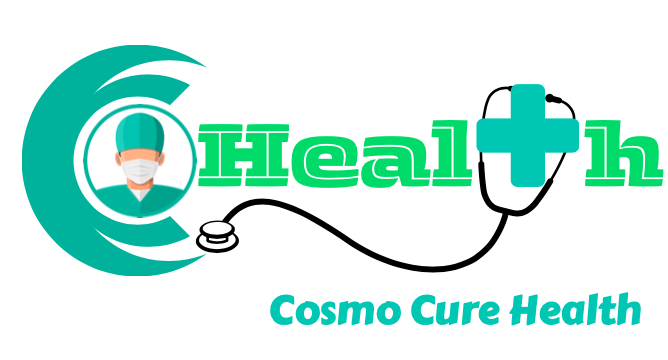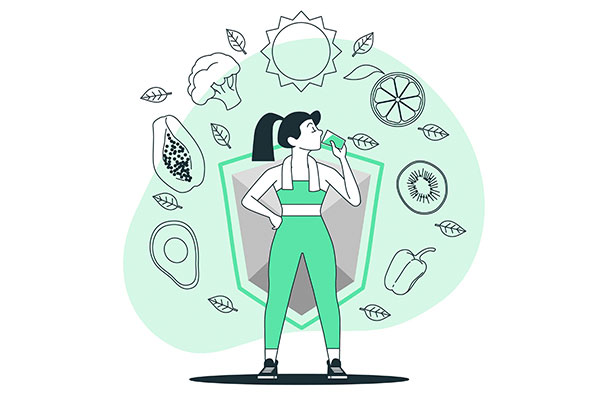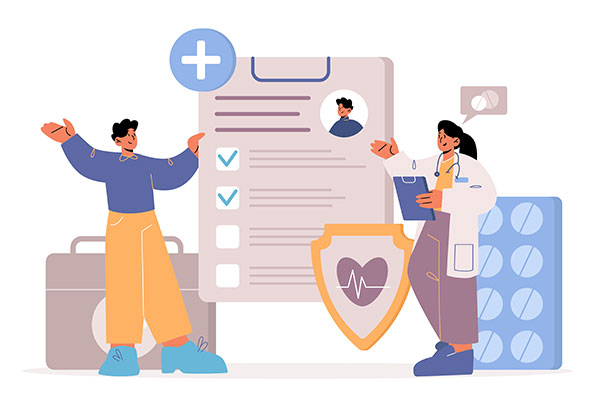Kidney Stone Treatment
What Are Kidney Stones?
A kidney stone is a solid mass made up of crystals, usually formed from minerals and salts that clump together in the kidneys. These stones can affect any part of the urinary tract, from the kidneys to the bladder. Most kidney stones form when the urine becomes too concentrated, allowing the minerals to crystallize and stick together.
There are different types of kidney stones, with calcium stones being the most common. In India, around 12% of the population is affected by kidney stones at some point in their life, with men being more prone than women.
Financials

Cost Estimate

₹ Xxx, xx

Consultation Free

Transportation Free

Insurance

All Insurances Accepted

Hassle-free Approval

Complete Paperwork Assistance

EMI

Zero Cost EMI

Pay in Installments

Easy Approval
Causes of Kidney Stones
Preventing Kidney Stones
Diagnosis of Kidney Stones
To diagnose kidney stones, your doctor will begin by reviewing your medical history, symptoms, lifestyle, diet, and any family history of kidney stones. A physical examination will be conducted to check for tenderness in the abdomen or sides and to identify any signs of infection. Urine tests are essential in detecting substances that contribute to stone formation and identifying possible infections. Additionally, blood tests help determine elevated levels of minerals like calcium or uric acid, which may be responsible for stone development. To accurately assess the size and location of the kidney stones, imaging tests such as X-rays, ultrasounds, or CT scans are used, with CT scans providing the most detailed visualization.
Treatment Options for Kidney Stones
Recovery and Long-term care
After treatment, following your doctor’s advice is crucial for a full recovery and to prevent future kidney stones. Most patients can resume their normal activities within a few days to weeks, depending on the type of treatment received. Regular follow-up appointments help monitor progress and detect any early signs of recurrence. Maintaining a healthy lifestyle, including a balanced diet and staying well-hydrated, plays a vital role in reducing the risk of kidney stones. By making these adjustments, patients can significantly lower the chances of developing stones again and ensure long-term kidney health.












